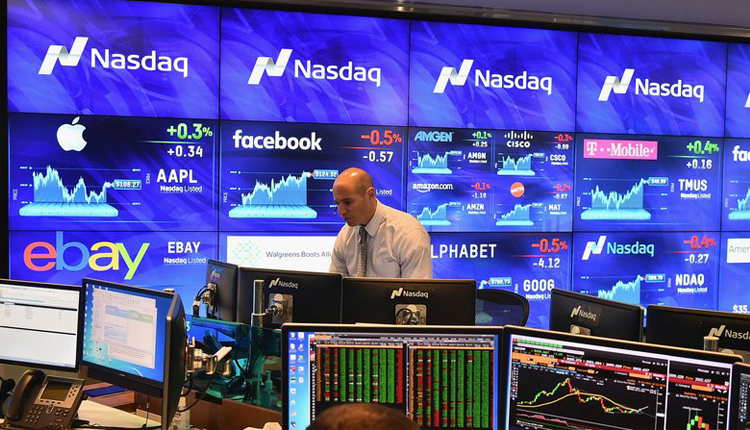Futures are indicating that stateside US stocks are set for a rocky start to their trading week on Tuesday.
That follows declines in the Asian markets and gloomy comments from the ongoing World Economic Forum in Davos.
Dow Jones Industrial Average futures declined 181 points, as of 12:58 a.m. Tuesday ET. That translated to an implied drop of 172.35 for the Dow at the upcoming open. S&P 500 and Nasdaq futures also pointed to declines for their indexes at the stateside open.
If those implied declines come to fruition, that would be a change of pace for American markets: The Dow notched its first 4-week winning streak since August last Friday. U.S. stocks did not trade on Monday because of Martin Luther King Jr. Day.
Over in Asia, stocks struggled for gains on Tuesday amid concerns about the global economic outlook after the International Monetary Fund (IMF) slashed its global growth forecast on Monday, warning that the economic momentum observed in recent years is decelerating.
The IMF now projects a 3.5 percent growth rate worldwide for 2019 and 3.6 percent for 2020. Those are 0.2 and 0.1 percentage points, respectively, below its last forecasts in October — making it the second downward revision in three months.
The report by the IMF came just hours after China reported its slowest economic growth in almost three decades.
Meanwhile, over in Davos, Switzerland, a prominent U.K. investor sounded an alarm on the market impact of events such as the ongoing China-U.S. trade war and uncertainty surrounding Brexit.
”(There’s) a lot of geopolitical risk between the U.S. and China — certainly we are in a worse place than we were a year ago, ” Martin Gilbert, the co-CEO of British investment company Standard Life Aberdeen, told CNBC.
At the same time, the U.K. inches closer to its official departure date from the European Union of March 29 with no deal in sight, leaving the country with the possibility of crashing out of the EU without a formal agreement — something that business leaders and industry experts have been warning about since the negotiations began.
All that comes as the U.S. grapples with its own troubles politically, with the country still mired in its longest-ever government shutdown, which has left about 800,000 federal workers going without pay.
Source: CNBC
